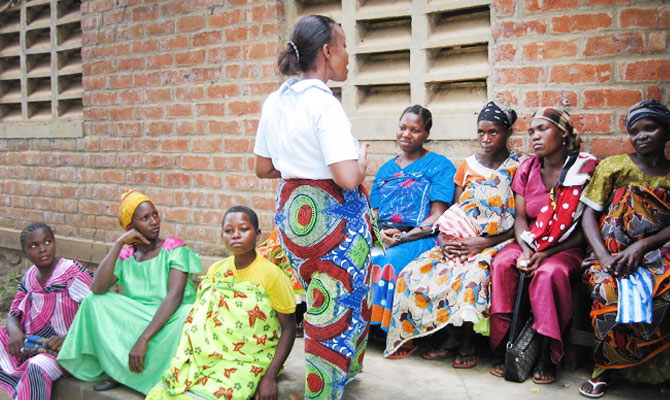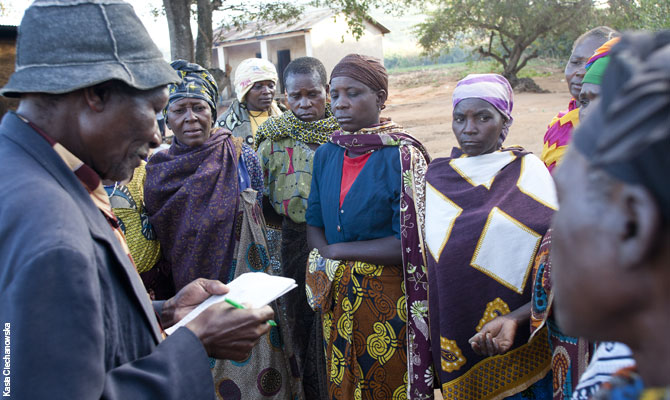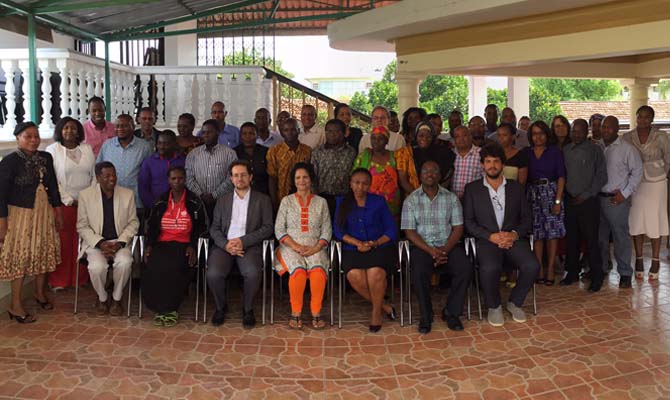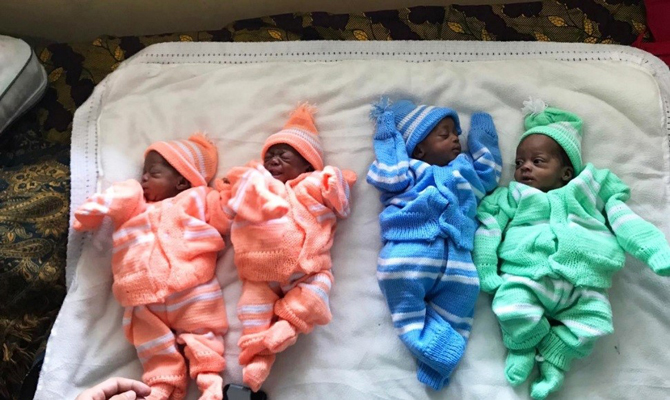Cervical cancer is the leading cause of cancer mortality in Africa. Over the last several months, Doctors with Africa CUAMM – an organization that fights year-round for women’s right to health – has screened 3,447 women living in the most isolated areas of Tanzania.
Not only emergencies
Health emergencies and epidemics are not the only serious public health problemsaffecting Africa. In the central and eastern areas of the continent, the leading cause of death from cancer is cervical cancer. According to the World Health Organization (WHO), however, thousands of thesedeaths could easily be prevented through screening programs to identify and treat abnormal cells and precancerous lesions before they get a chance to develop into cancer.
WHO estimates that 266,000 women die worldwide every year from cervical cancer, primarily in developing and Sub-Saharan Africa countries, where too often women lack access to treatment. In Tanzania 7,300 new cases of cervical cancer (51 out of every 100,000 women) are diagnosed every year, and 37 out of every 100,000 die from the disease. In contrast, far fewer cases – 2,100 – were diagnosed in Italy in 2015, according to a recent report by the Italian Asssociation of Cancer Registries.
Tanzania: focusing on prevention
This is why Doctors with Africa CUAMMhas decided to focus on community-level prevention and awareness-raising activities in Tanzania. In April and May 2016, in fact, we launched some preliminary mobile clinic activities, and in just the first four outings in the Kilosa District, a rural area in the middle of the country, we have already been able to screen 1,557 women, 35 of whom were subsequently treated with cryotherapy for precancerous lesions and 5 of whom underwent surgery. We also tested all of the women for HIV; the sixty-two who tested positive can now be treated appropriately. These figures do not include the women who came for medical visits at the four health care centers in the district and in the general hospital in Mikumi between October 2015 and March 2016: we screened 1,890 of them for cervical cancer, 68 of whom were subsequently treated with cyrotherapy; 45 of them tested positive for HIV.
The surprising response of women
Gaetano Azzimonti, a Doctors with Africa CUAMM doctor and public health expert, is very satisfied with the initial results of the project:
«We decided to go and find women in the most isolated parts of the country – places from which it’s difficult to get to health care services, and where little is done to raise awareness on this disease. We make sure to involve community health workers. When we get to a health care dispensary with our mobile clinic, the first thing we do is train these workers to teach women about the importance of prevention. Afterwards they go out to meet with the women in their homes, giving them special cards inviting them to go to the nearest health care dispensaryfor a medical visit. The response of women has been very positive, sometimes surprisingly so: on the first day they kept showing up for checkups until late in the evening, so many, in fact, that we had to ask some of them to go on to their nearest health care center!».
In this early phase of the project our mobile clinics have been working with the dispensaries that serve the most heavily-populated areas of the district. 96% of the women who have showed up at dispensaries for a screening have brought their invitation cards with them, testimony to the success of the awareness-raising activities carried out by the community health workers. Overall, we estimatethat 80% of the women who have been contacted have subsequently come to a dispensary. Given the setting and way of life of these individuals, this number is surprisingly high. A survey carried out a few months before in the same area, in fact, showed that even though 78% of the women were aware of the existence of cervical cancer, 86% of the same survey sample stated that they had never gone for a screening, and only 48% reported being aware of places they could go to in order to get one.
«The fact that CUAMM has provided this service free of cost has been critical in making the initiative a success», Gaetano Azzimonti continues. «But so too has our involvement of community health workers and community leaders: this has made it possible for the women to trust us, and to understand the importance of prevention.»





